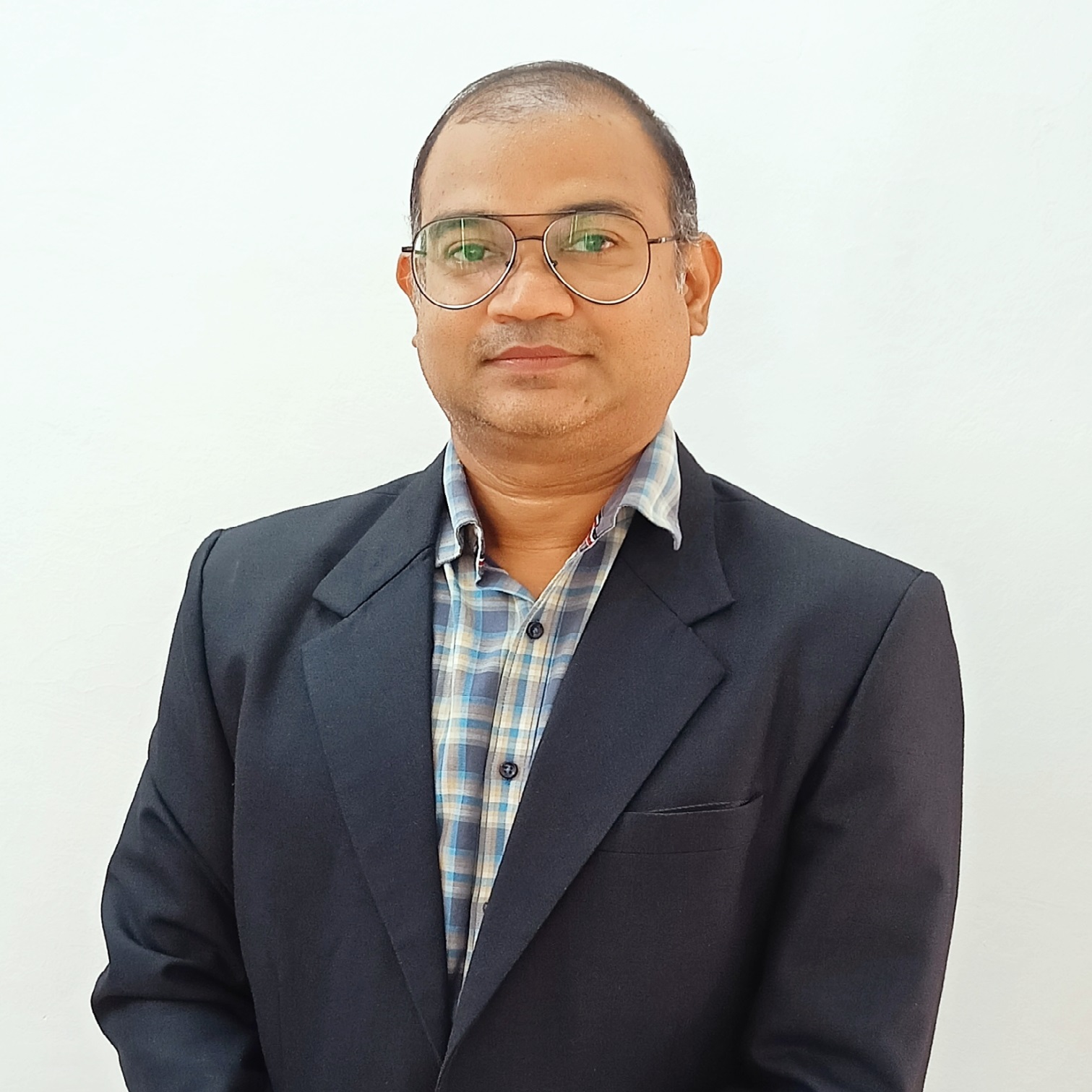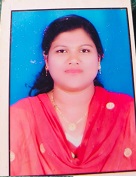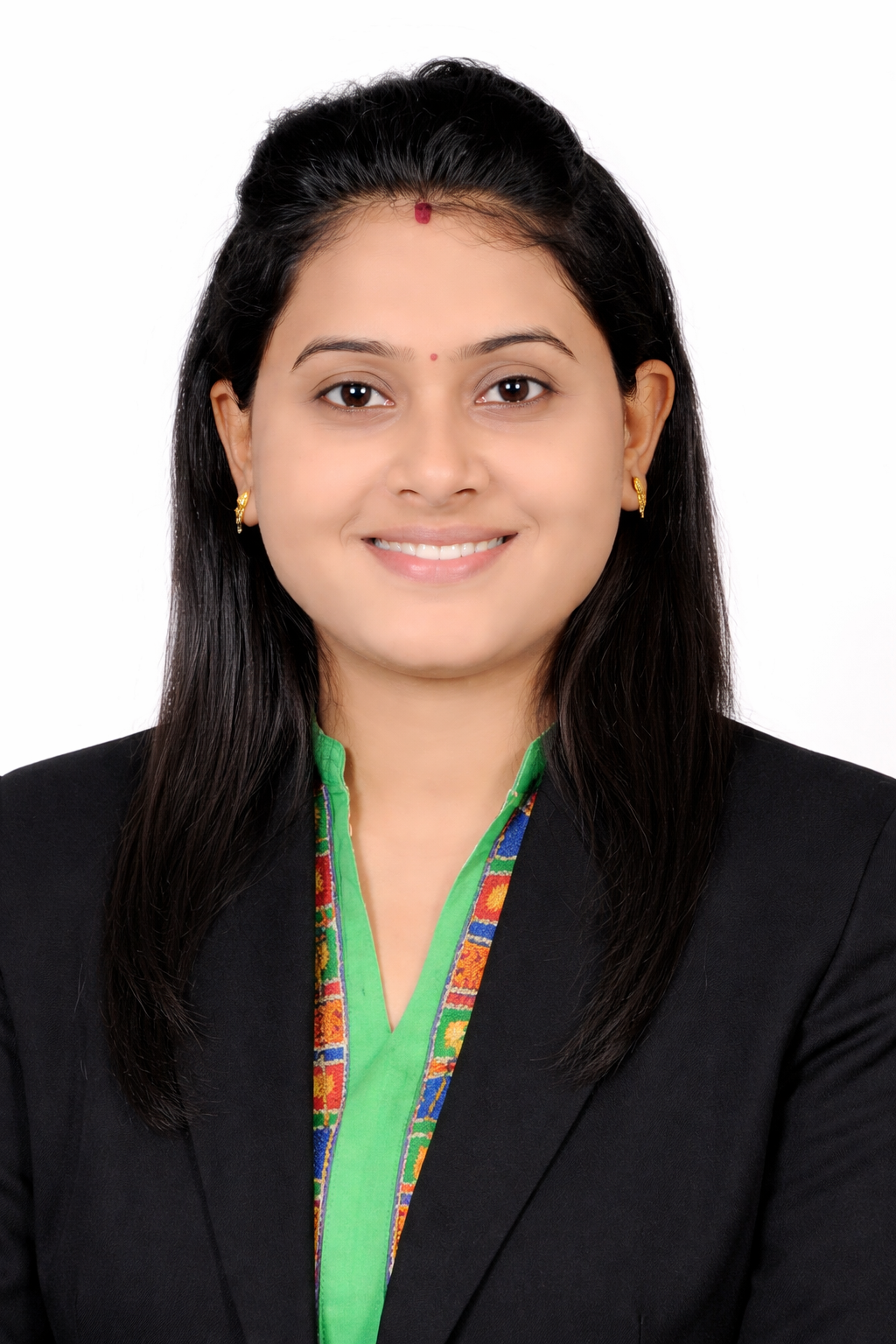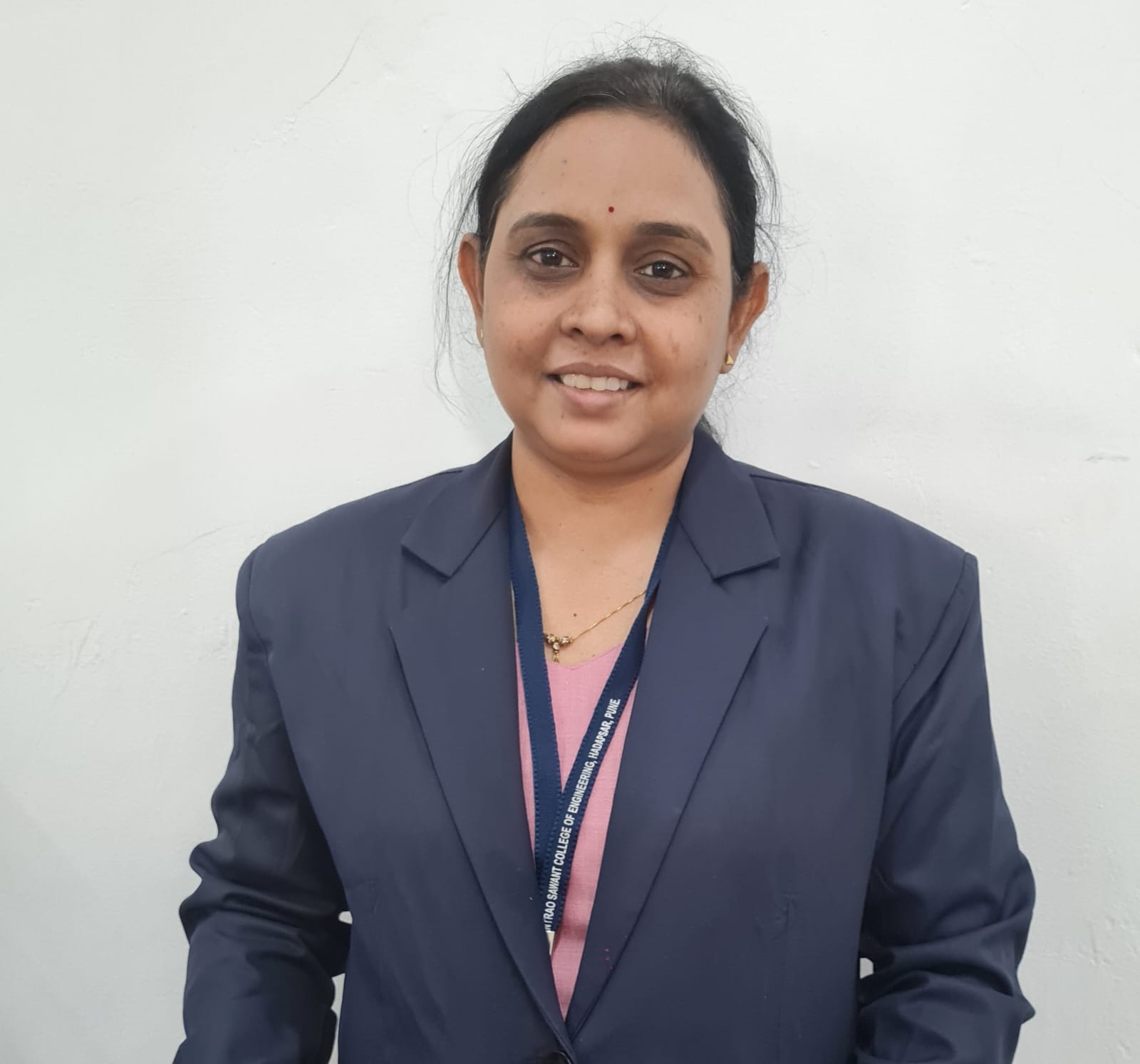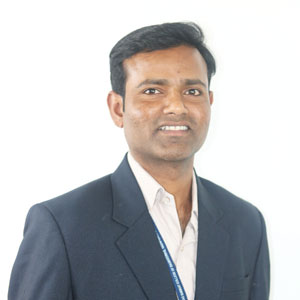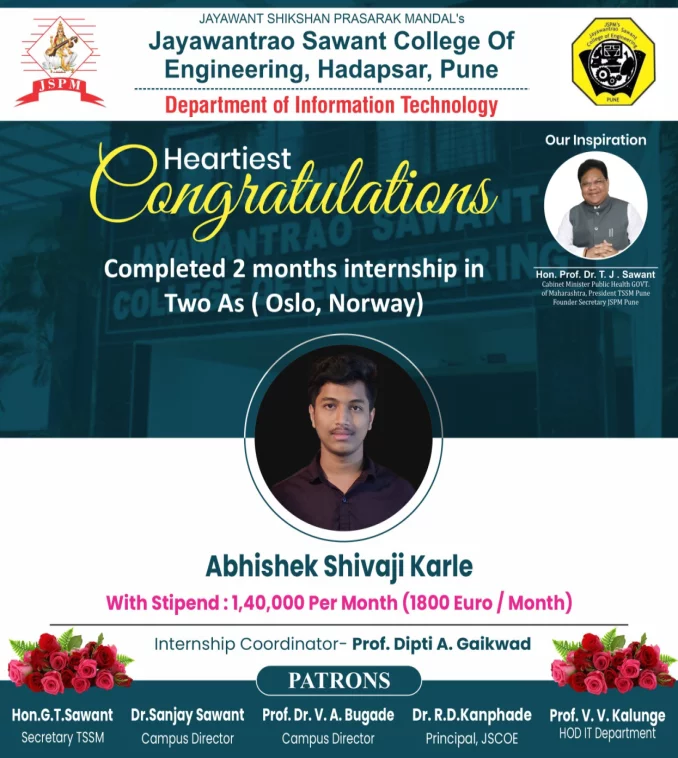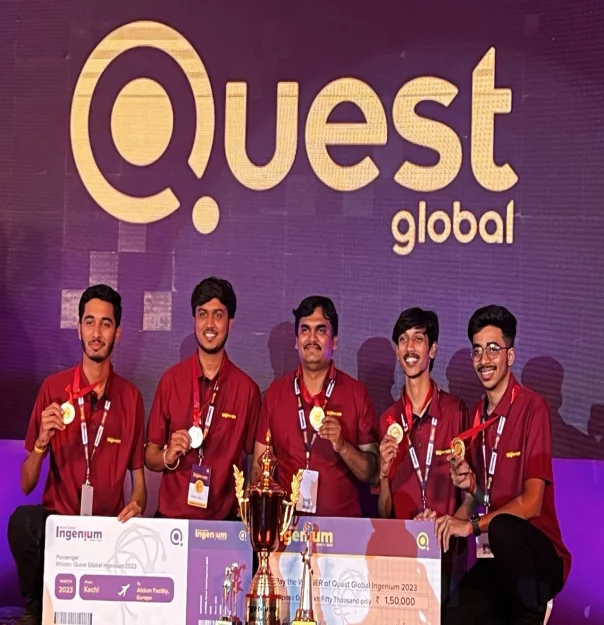HoD Message
Welcome to the Department of Information Technology at JSPM’s Jayawantrao Sawant College of Engineering, Hadapsar Pune. Our Vision is to develop competent IT professionals for e-development of emerging societal needs.
The department offers B.E degree program in Information Technology affiliated to Savitribai Phule Pune University and accredited by National Board of Accreditation.
The department has a team of well qualified, experienced and motivated faculty members to prepare the young minds of our students towards industry required skills with technical & interpersonal for global competition.
Students of IT department are actively participated in Training and personality development program and ready for IT Industry with hands on experience on current technologies/programming languages. The Department has an excellent placement record and the placed students are in prestigious software industries all over the world.
The department regularly organizes various professional development activities under ITSA students Association and Innovation Club for students to develop overall Leadership, Communication, Critical thinking, Time management, & Problem solving skills through participation in various events and competition and won many prizes in different competitions.
The Department of Information Technology is dedicated to shaping careers, enriching minds, and nurture social responsibilities. I am confident that our students will demonstrate a high level of professional competence in their respective fields and uphold the credibility of our department. I extend my best wishes to all of them for their future endeavors.
About Information Technology
Information Technology has contributed and impacted our lifein recent years. With day to day inventions in hardware, software and network technologies leads to decrease in costwhich affect our life socially and economically.Indian IT market is highly demanded in the global IT market and has achieved target of producing world class IT professionals. To serve for the nation, Information Technology Department of JSCOE is offeringeffective teaching learning using ICT based classrooms and state-of the art laboratories.We are nurturing world class engineers who are exhibit their knowledge in design and development of multidisciplinary projects.
Major modules taught in department are software design and development, computer architecture and operating system, Web technology, computer networks and database management. Along with traditional learning currently Data Science,machine learning and IOT are newly added to module to meet the need of globally changing requirement of market.
The department has Entrepreneur development cell which come up with more than 20 Alumni entrepreneurs till date with yearly average turnover of Rs.45 Lacs with small and medium scale industries. Our students have reached each and every corners of the world. More than 40 students have completed their MS from different universities in abroad and now working as higher technical positions.
The department placement is higher as compared to other department as our vision is to develop competent IT professionals.

Vision
To develop competent IT professionals for e-development of emerging societal needs.
Mission
M1: Educating aspirants to fulfill technological and social needs through effective teaching learning process.
M2: Imparting IT skills to develop innovative solutions catering needs of multidisciplinary domain.
Program Educational Objectives (PEO)
PEO1: Nurture Information technology resource who will work for diversified needs of Academia, industry, and research.
PEO2: Inculcate problem solving skills using IT tools to solve socio-economic problems ethically.
PEO3: Instill qualities of leadership, innovation and entrepreneurship with effective communication skills, teamwork and create ability for life-long learning.
Program Specific Outcomes (PSO)
PSO1: Able to solve problems in areas like software design and development, computer architectures and operating system, web systems, computer networks and database management systems to address critical challenges in the field of IT.
PSO2: Apply skills in design and development of software systems, operating system, database management, computer networks and web technologies.
PSO3: Exhibit active participation in multidisciplinary Applications.
Program Outcomes (PO)
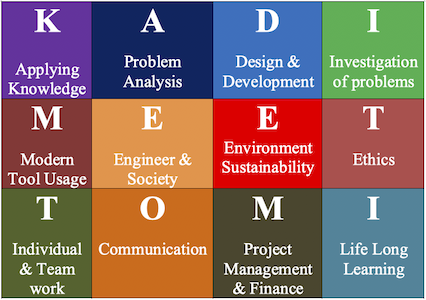
PO1:Engineering knowledge: Apply the knowledge of mathematics, science, engineering fundamentals, and an engineering specialization for the solution of complex engineering problems.
PO2:Problem analysis: Identify, formulate, research literature, and analyse complex engineering problems reaching substantiated conclusions using first principles of mathematics, natural sciences, and engineering sciences.
PO3:Design/Development of Solutions: Design solutions for complex engineering problems and design system components or processes that meet the specified needs with appropriate consideration for public health and safety, and cultural, societal, and environmental considerations.
PO4:Conduct investigations of complex problems: Use research-based knowledge and research methods including design of experiments, analysis and interpretation of data, and synthesis of the information to provide valid conclusions.
PO5:Modern tool usage: Create, select, and apply appropriate techniques, resources, and modern engineering and IT tools including prediction and modelling to complex engineering activities with an understanding of the limitations.
PO6:The engineer and society: Apply reasoning informed by the contextual knowledge to assess societal, health, safety, legal, and cultural issues and the consequent responsibilities relevant to the professional engineering practice.
PO7:Environment and sustainability: Understand the impact of the professional engineering solutions in societal and environmental contexts, and demonstrate the knowledge of, and need for sustainable development.
PO8:Ethics: Apply ethical principles and commit to professional ethics and responsibilities and norms of the engineering practice.
PO9:Individual and team work: Function effectively as an individual, and as a member or leader in diverse teams, and in multidisciplinary settings.
PO10:Communication: Communicate effectively on complex engineering activities with the engineering community and with the society at large, such as, being able to comprehend and write effective reports and design documentation, make effective presentations, and give and receive clear instructions.
PO11:Project management and finance: Demonstrate knowledge and understanding of the engineering and management principles and apply these to one’s own work, as a member and leader in a team, to manage projects and in multidisciplinary environments.
PO12:Life-long learning: Recognize the need for, and have the preparation and ability to engage in independent and life-long learning in the broadest context of technological change.

Hardware Laboratory
1. Hardware Lab introduces the principle and application of digital devices and systems. It helps students to understand Digital C ...
Read More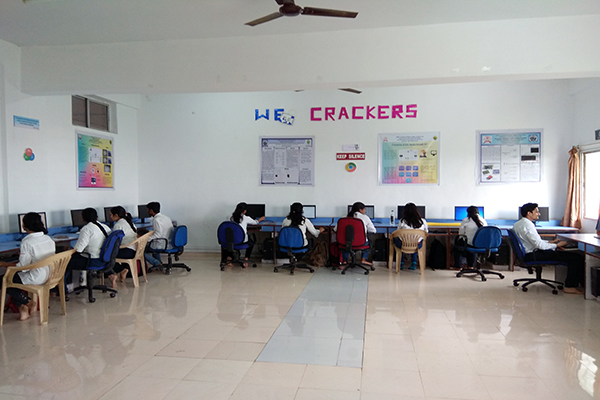
PROJECT LABORATORY
This lab is used to implement various practical's such as Software Laboratory-V (Distributed Systems) , Software Laboratory-VI (Da ...
Read More
Self-Learning Lab
1. This lab developed as "self-learning lab as museum" with the theme of "Evolution of animation techniques". You can learn it by ...
Read More-
Dr. Sudhir Ramrao Rangari
Associate Professor & Head of Department
-
M Tech (CSE), Ph. D, UGC-NET, SET
head_itjscoe@jspmjscoe.edu.in | sudhirrangari@jspmjscoe.edu.in
-
-
Dr. Sandip Satav
Professor
-
PhD (CSE), ME(CSE/IT), BE(E&TC)
sandipsatav@jspmjscoe.edu.in
-
-
Prof. Aruna Gupta
Assistant Professor
-
M. Tech CSE
arunagupta@jspmjscoe.edu.in
-
-
Prof. Swati Astik Bagul
Assistant Professor
-
M.E. (computer)
sabagul@jspmjscoe.edu.in
-
-
Prof. Atul Rameshrao Halmare
Assistant Professor
-
M Tech (CNIS)
atulhalmare@jspmjscoe.edu.in
-
-
Prof. Manisha Amit Gade
Assistant Professor
-
ME(IT)
magade@jspmjscoe.edu.in
-
-
Prof Chaitrali Jagtap
Assistant Professor
-
M.E Computer
csjagtap@jspmjscoe.edu.in
-
-
Prof Ashwini S Tadkal
Assistant Professor
-
Mtech (E&TC)
astadkal@jspmjscoe.edu.in
-
-
Prof Yogeshwari Sarode
Assitant Professor
-
M.Tech
yogeshwarisarode@jspmjscoe.edu.in
-
-
Prof. Nikita L Bagora
Assistant professor
-
M-TECH
nikitabagora.29@gmail.com
-

Vision
Innovative Thinkers…Successful Achievers
Mission
1.To provide conducive envirnment to support students in curricular or extracurricular activities and help them in achieving their goal.
2. Organizedifferent events which facilitate student’s academic and personal growth.
Objective
To achieve excellence in academic and extracurricular activities which develops student’s allrounder personality.
About ITSA :
Student association was established in the year 2006. ITSA has organized National level technical event “Infiesta” after its launching which was a grand success.
Blood donation camps, tree planation camps were organized under ITSA annually which shows social awareness.
Communication and collaborative learning is achieved through coding competitions, Poster presentations and project competitions. These competitions are organized by the students for the students once in a semester.
Expert’s lectures, skill development programs are conducted under ITSA to enrich the curriculum.




